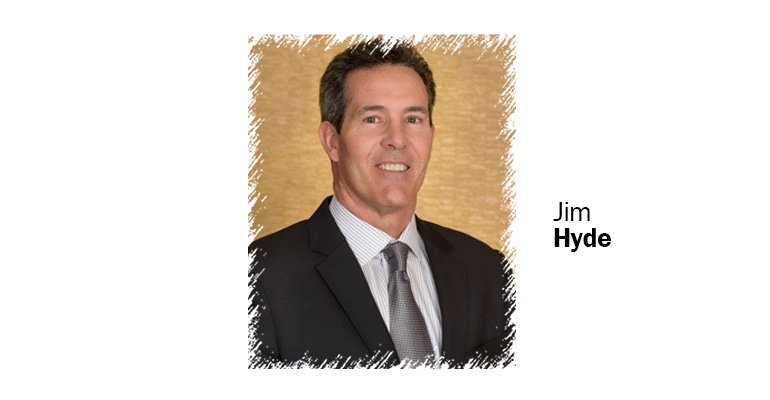Like golf (and any sport), our industry is governed by a strict set of rules that all players are expected to follow and expect to be enforced.

Any golfer knows the importance of etiquette on the fairway. Though not part of the official rules of the game, golf etiquette is strictly observed to prevent damage to equipment and the course and to create a safe, enjoyable atmosphere for all players. From repairing divots and keeping golf carts on paths, to keeping pace and minimizing distractions to those in play, these guidelines define the core values of golf and are responsible for the sport’s long-standing reputation and respect.
As an avid golfer myself, I can’t help but find similarities between what I see on the green and what I see in the dietary supplement industry. Like golf (and any sport), our industry is governed by a strict set of rules that all players are expected to follow and expect to be enforced. In adhering to these rules, we might also recognize gaps in our regulatory structure and areas that could use improvements. Rather than take advantage of these empty or loose spaces, a responsible industry chooses to be proactive and seeks to develop self-regulatory initiatives that improve the overall landscape and reputation of our industry.
As a responsible industry, we must always ask ourselves: How can we better serve our consumers, assist our regulators and shepherd ourselves? What can we do to improve?
At Natural Products Expo West, we learned that the sale of dietary supplements grew by 6.6 percent in 2016—and is on track to continue climbing. We are encouraged by this growth, by the increased confidence that CRN’s annual survey shows consumers have in our products. Supplements are a common denominator in the wellness regimens of more than 170 million Americans, and we embrace the innovation and advancement that comes with a booming industry. However, an increase in sales and an uptick in positive dialogue does not mean we have reached our full potential as an industry. Even when things are looking up, there is always more work to do.
As the CRN board of directors first started discussing the possibility of creating an industry-wide dietary supplement registry, there were similar conversations taking place throughout the industry in other meetings and at conferences such as NBJ Summit. We all agreed that such an initiative was an essential next step in industry maturation. Recognizing the need for a cohesive location for product labels, intended to give regulators a real-time look at the dietary supplement marketplace—something they’ve been suggesting they needed—the board chose to move forward in brainstorming about what such a registry would look like. Thus, the Supplement OWL was born.
The Supplement OWL (Online Wellness Library), the dietary supplement product registry, is an industry-wide, self-regulatory initiative that will help create a rich and more complete picture of the marketplace for regulators, retailers and industry. When it launches publicly, the Supplement OWL will serve as a resource for these audiences to identify products, their ingredients and the companies who market them, and permit registry users to examine and evaluate labels and other product information.
Thanks to our partner, UL, a global science safety company, the Supplement OWL is a reality and has been accepting labels from companies who recognize its importance and understand the registry’s potential impact. We don’t expect every company to embrace it straight out of the gate, but we strongly believe it will gain traction over the next year and will build and grow over time, becoming a hallmark self-regulatory initiative for our industry.
In talking with CRN members and non-members, the CRN board recognized the diverse range of companies that make up the marketplace, and we knew it was important for the registry to be an inclusive, accessible option for all finished product manufacturers. Even if you’re not a CRN member, we encourage you to enter your finished product labels into the registry to demonstrate your company’s accountability and transparency. Without doubt the Supplement OWL will showcase products that are following the rules and regulations. Likewise, we suspect that those companies not wanting to be transparent because of the potential for regulatory scrutiny will shy away from submitting their labels. The more our industry is willing to showcase the breadth of its products, the more valuable the Supplement OWL will become.
The registry’s microsite, www.SupplementOWL.org, is a great place to get started determining the best method for uploading your product labels.
When I’m golfing, etiquette is something I hardly think about—it’s engrained as part of the game and something each player has come to know, understand, and follow. My hope for the Supplement OWL is that it will take on a similar role in our thriving industry. I hope to see participation in the registry become routine practice for all product manufacturers and serve as the go-to resource for product information. As our industry booms, the self-regulatory Supplement OWL is just par for the course.
Jim Hyde is vice president and general manager, Balchem Human Nutrition and Pharma, and serves as chair of the Council for Responsible Nutrition’s board of directors.
About the Author(s)
You May Also Like




